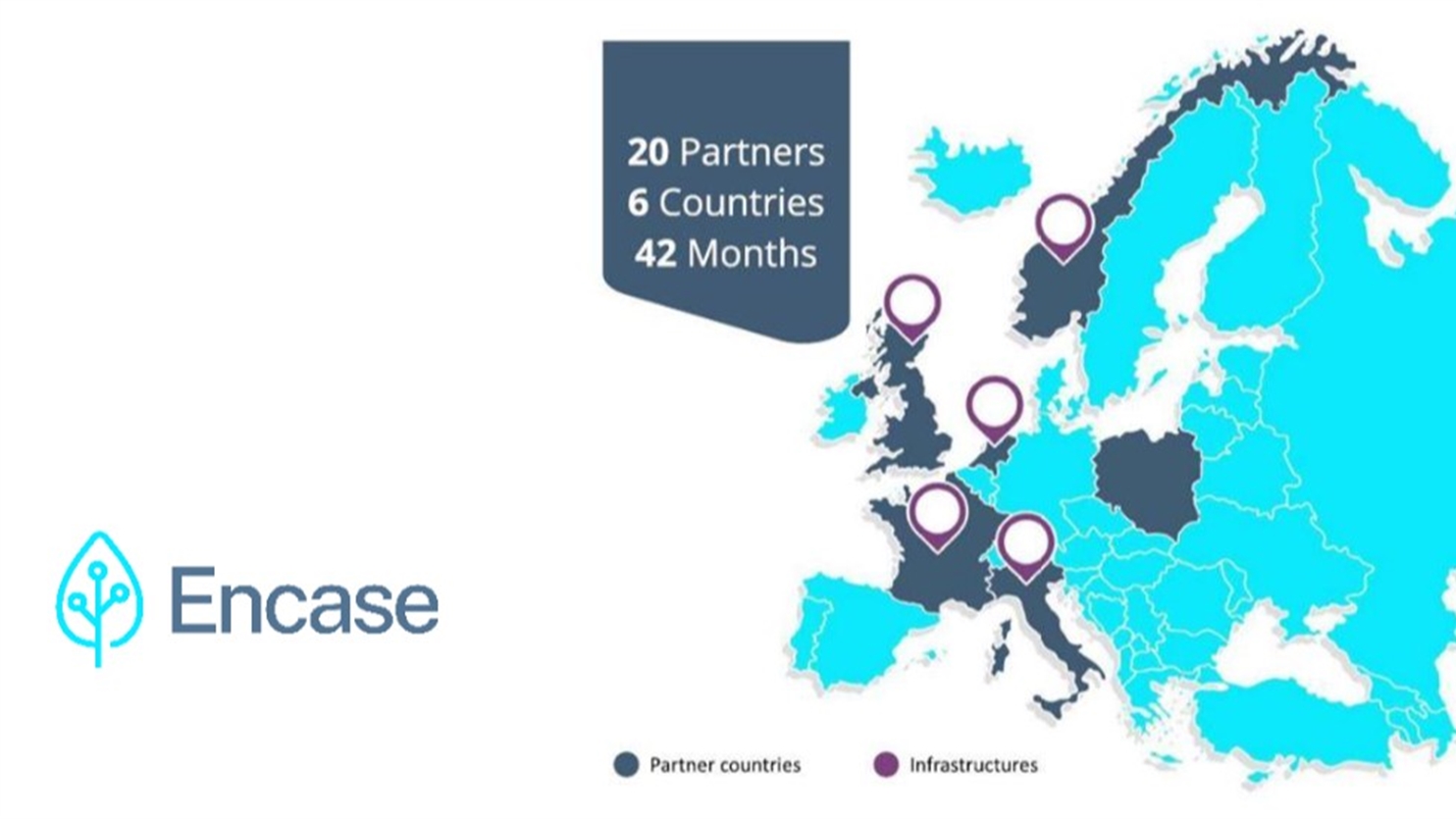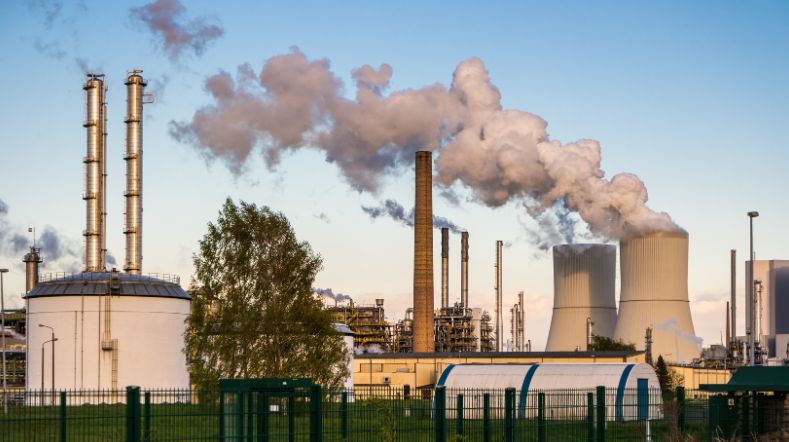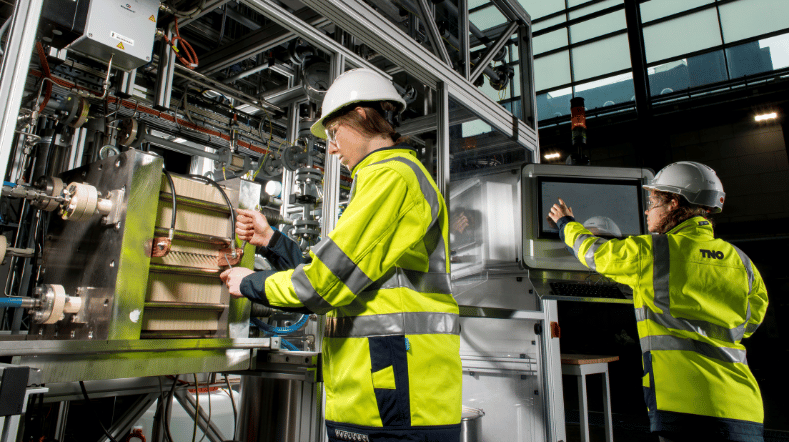ENCASE: Safe and efficient CO2 transport and storage
Status project
2023-2026
In cooperation with
20 partners involved in the ENCASE project
The EU is committed to reducing greenhouse gas emissions by 55% by 2030 and to become carbon neutral by 2050. CO2 capture and storage (CCS) is one of the essential strategies to reduce carbon emissions. Transport and injection of CO2 occurs between CO2 capture sites and where it is stored (subsurface). Research and experience in the field has demonstrated the feasibility of CCS, but also highlighted challenges to it practical implementation.
Remaining challenges and uncertainties include those related to the effects of impurities, and to dynamic processes during CO2 transportation and injection. Therefore, CO2 research is essential. The European project ENCASE has started in 2023, and is led by a consortium of world-leading research organizations including TNO.
Objective
The project aims to improve the increase the capabilities of world-leading research facilities with state-of-the-art scientific instruments, methods and tools in a co-development with the project partners. The project will thereby contribute to a safer, more cost-effective and environmentally friendly CO2 transport and injection. The aim is to further create value for the CCS community as a whole, by setting a forum for knowledge sharing and the education of students, personnel and staff.
Contribution of TNO
We will have a leading role in the project, by coordinating the activities related to modeling and testing of equipment in industrial processes. These activities are performed by various project partners, using research facilities in different European countries.
TNO will perform experimental research in our own CO2 research facility in Rijswijk. We will study the dynamics of two-phase CO2 flow in pipe systems, by studying two aspects. First, we will investigate the forces exerted on bends by the fluid flow in a wide range of conditions. Second, we will work closely together with the Delft University of Technology to investigate the hydrodynamic and thermodynamic aspects of CO2 vapor collapse.
Timeline
In the first phase of the ENCASE project, all activities in the project are geared towards design modifications and upgrades to research facilities. We will work closely together with the Delft University of Technology to prepare for the vapor collapse experiments. The preparations include the design, manufacturing and installing of modifications and upgrades to the CO2 research facility, such that it is suitable for vapor collapse experiments.
In the second phase of the project, the experiments on forces on bends and the vapor collapse experiments will be performed. Towards the end of the project, TNO will organize a workshop to educate personnel, students and other interested on CO2 flow behavior in pipe systems.
Partners
We work together with universities and research institutes on an international level in a combined effort to progress the understanding of CO2 processes in industrial applications. Collaboration and sharing of information are important aspects in the push towards a sustainable energy system in Europe.
- Institutt for Energiteknikk
- Institut National de l’Environnement industriel et des RISques
- TÜV SÜD National Engineering Laboratory
- Alpha Consultants S.R.L.
- POLITECNICO DI MILANO
- Laboratorio Energia Ambiente Piacenza
- Netherlands Organisation for Applied Scientific Research
- Politechnika Warszawska
- Technische Universiteit Delft
- University College London
- Otechos AS
- Cignus Instruments AS
- Universite de Technologie de Compiegne
- Schlumberger Information Solutions AS
- The Open University
- Equinor Energy AS
- Shell Global Solutions International BV
- Associazione Clust-ER Energia e Sviluppo Sostenibile
- Energie Beheer Nederland BV
- BP International Limited

Get inspired
Ten things to know about carbon capture and storage (CCS)


Unique test installation for CO2 capture and conversion to green chemicals


SEWGS: revolutionary CO2-reduction technology

Capturing carbon emissions


Award-winning excellence: CO2 capture applied


